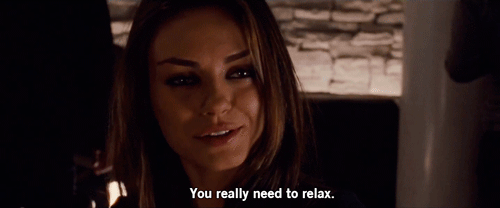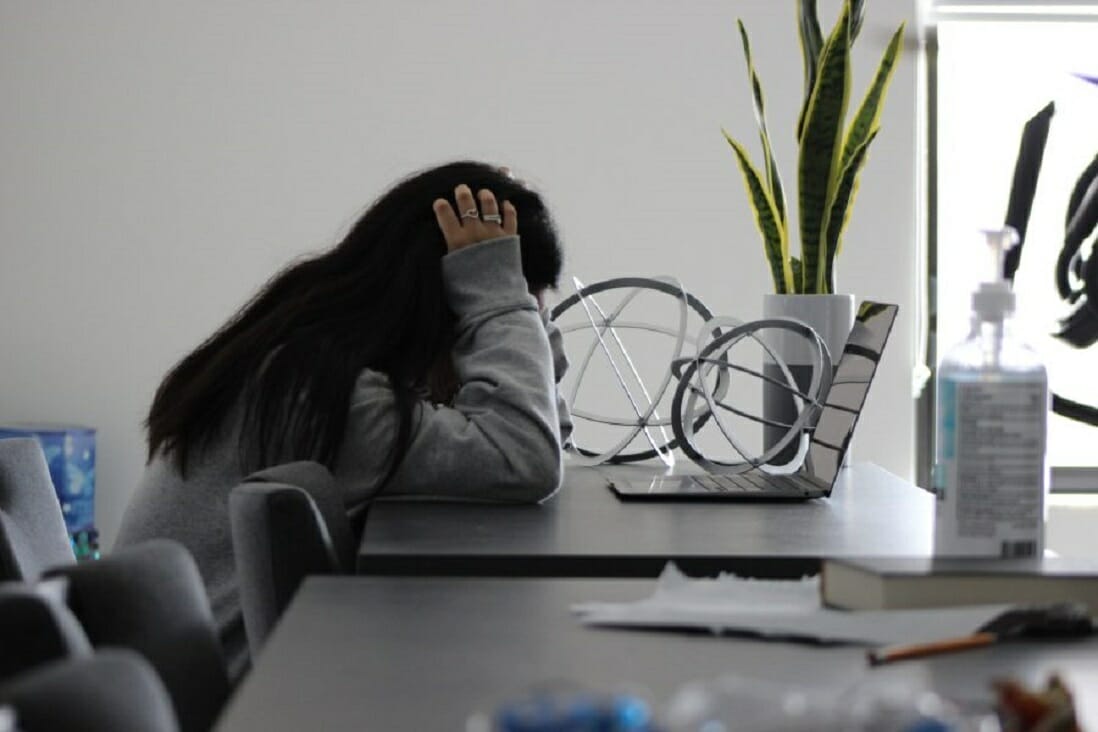As engineers, we’ve all been forced into a situation where it seems practical to skip breaks. After all, you need to have so much things done in such a short amount of time. However, this might actually be detrimental to your creativity. Research has shown that skipping breaks can lead to stress, exhaustion, and a creative block.
Why? Well, according to studies, if your brain is constantly responding to a long period of stimuli, it actually starts to stop registering sight, sound or feeling. Not only is your brain tired, but you also lose focus, and your creativity goes down the drain.

Source: Tenor
As for what happens when you do take a break? Have you ever noticed that some of your best ideas come from when you’re in the shower, in bed, or on your couch watching TV? Well, that’s the result of you taking a break. Your brain is well rested, and is actually game on doing a creative task once again.

Source: Giphy
So how do we maximize the efficiency of taking a break? Well, there are two rules:
First, you have to maximize your brain’s “focused” and “diffuse” modes. When we’re doing creative work or difficult tasks, our brain is set on focused mode. When our brain is relaxed, laid back, and maybe even daydreaming, our brain is on its diffused mode. These work hand in hand together, and apparently, your brain solves its most difficult problems in diffused mode.
“Mind wandering serves multiple adaptive functions, such as future planning, sorting out current concerns, cycling through different information streams, distributed learning (versus cramming), and creativity,” explains Psychologist Scott Barry Kaufman.
“When you’re focusing, you’re actually blocking your access to the diffuse mode. And the diffuse mode, it turns out, is what you often need to be able to solve a very difficult, new problem,” Adds Barbara Oakley, author of “A Mind for Numbers: How to Excel at Math and Science (Even If You Flunked Algebra).”
Second, you have to learn how to truly put your mind at rest. That means letting your mind go blank. For some, this might be hard, because the thought of forgetting everything when there’s so much to do is terrifying. But again, remember that your mind solves the most complicated problems when you’re taking a break. So think of it as something you have to do. Charles Darwin strolled around London for a pretty long time. Charles Dickens wrote his novels between 9am-2pm, and after that took a long walk. He said himself that “If I couldn’t walk fast and far, I should just explode and perish.”

Source: Reaction GIFs
Take a walk. Exercise. Doodle a little. Meditate. Do anything that’ll help you relax. Keeping our minds in the “diffuse” state is crucial. So learn how to roll with it, even if it’s tempting to just go back to work. Give your mind time to ponder and recollect its own thoughts. Let it process everything subconsciously for you, while letting your conscious mind wander. Who knows, you might even pop up with your next big idea.
Article Sources:














